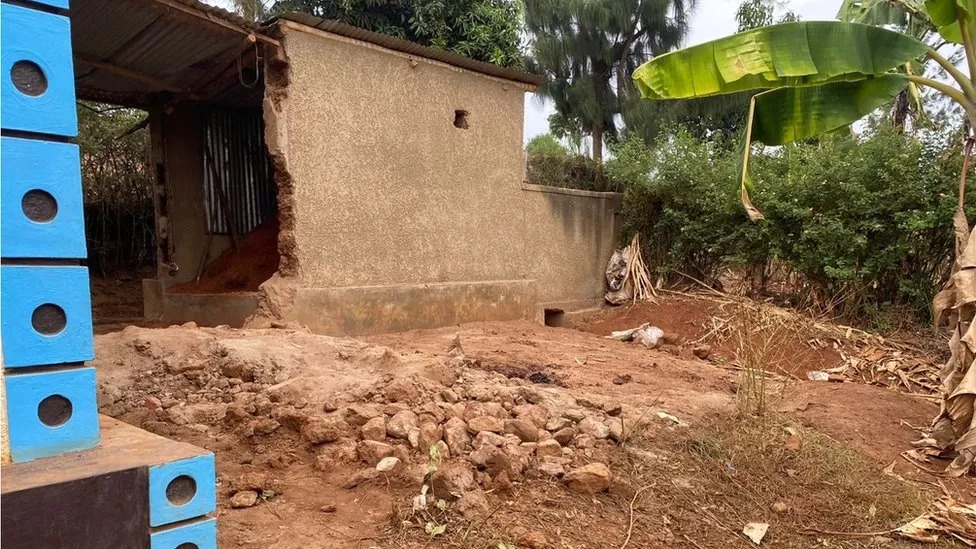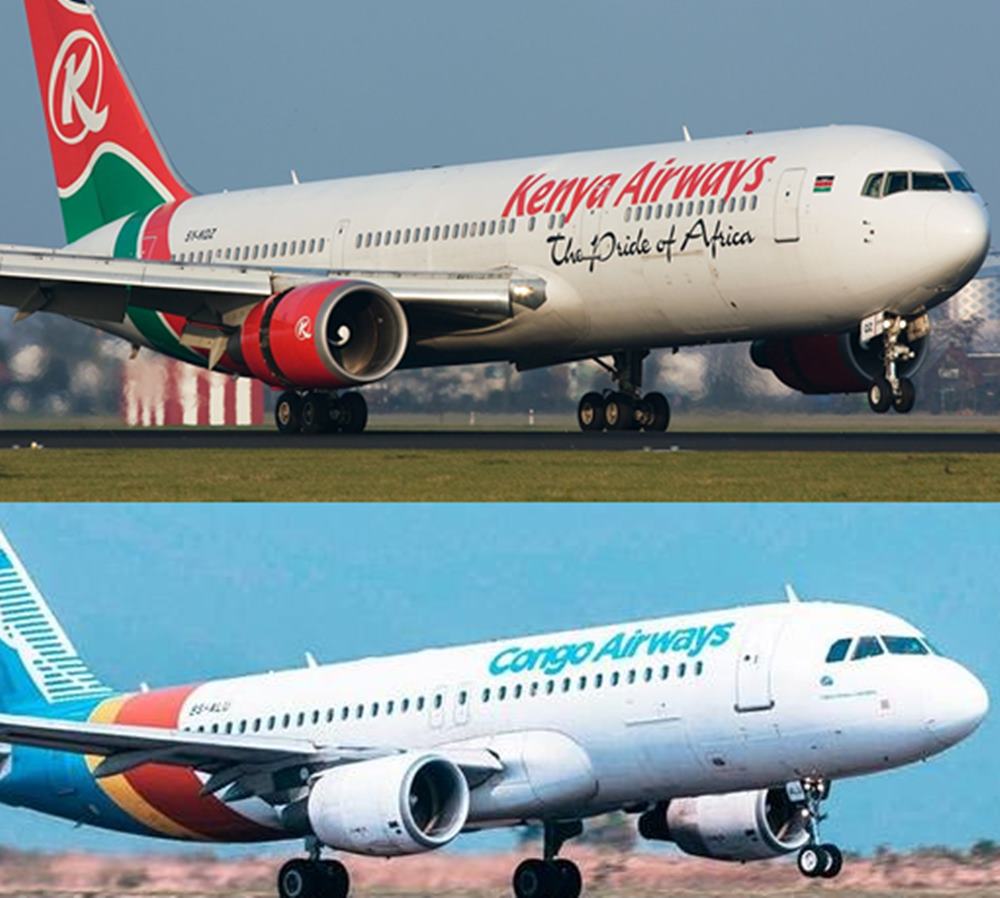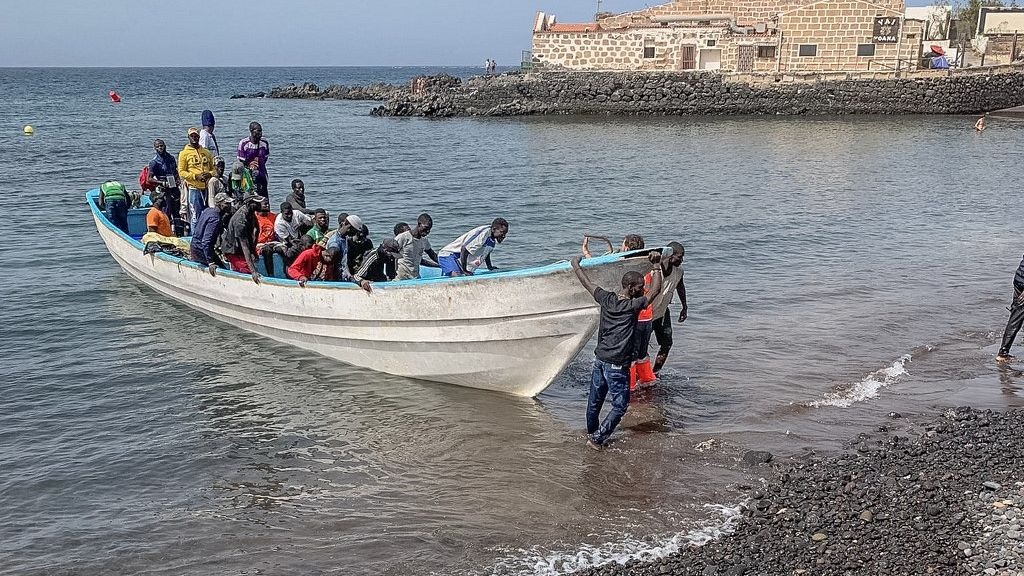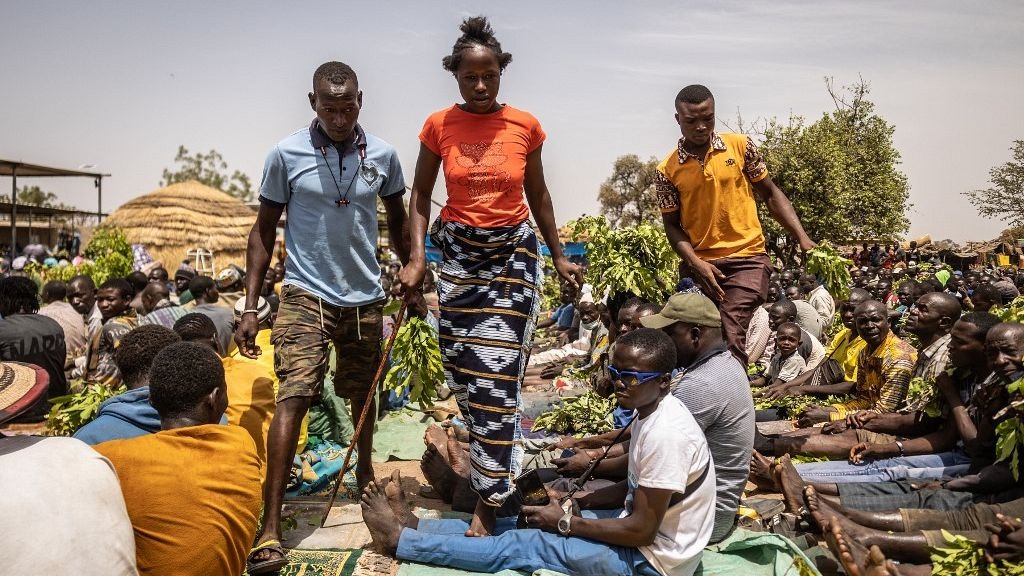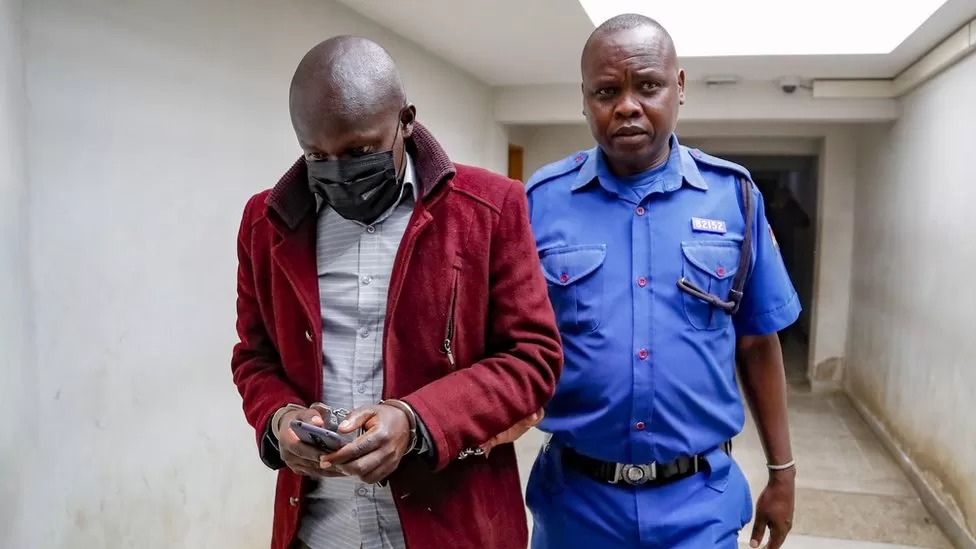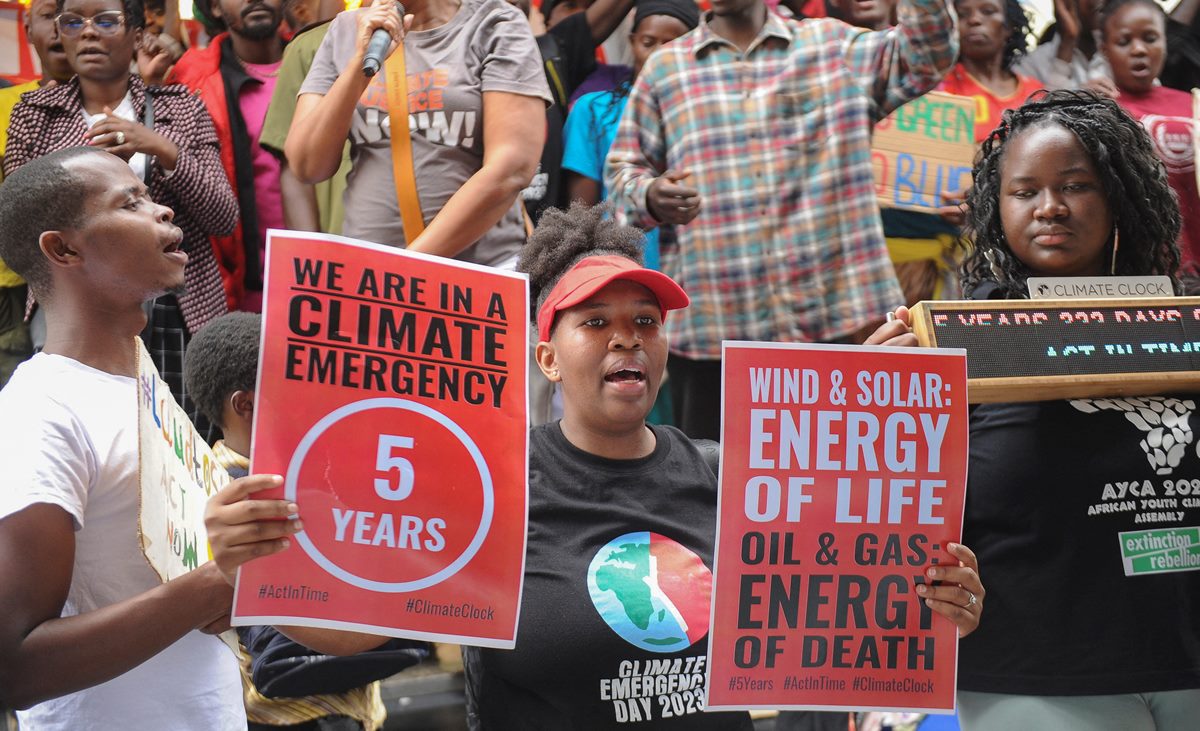Africa’s role in the global energy transition is at a key turning point, finance and business leaders said in London on Thursday, with the potential to leapfrog ahead in green energy with the right funding and support.
The continent is rich in the commodities needed for the green energy transition and has abundant solar power, but many governments are also burdened with cripplingly high debts.
“I think, for the first time, it’s not about Africa going to a COP with an ask, it’s Africa going to a COP with an offer,” Bezos Earth Fund CEO Andrew Steer said at the Reuters IMPACT conference in London, referring to the COP28 climate summit in November.
Africa is responsible for just 4% of the world’s greenhouse gas emissions, but suffers from some of the biggest impacts of climate change.
Five consecutive rainy seasons have failed in the Horn of Africa, leading to the worst drought in decades, while Cyclone Freddy, one of the deadliest storms to hit Africa in the last twenty years, ripped through Malawi, Mozambique and Madagascar in late February.
At last year’s COP27 in Sharm el-Sheikh, countries committed to establishing a mechanism to provide “loss and damage” funding for developing countries, but are yet contribute funds.
“On the loss and damage side, we’ve got some really big decisions to make right now,” Tom Mitchell, executive director of the International Institute for Environment and Development said at the London conference.
“At the moment, we’ve got developing countries paying way more in debt repayments back to richer countries than they ever hope to receive in climate finance or support.”
Sanjeev Gupta, executive director of financial services at the African Finance Corporation, a pan-African multilateral development institution, said a continuation of the status quo would be devastating.
“There is a set of vulnerable people in Africa – and other parts of the world – where the effect on them will be so catastrophic it will reach genocidal levels,” Gupta said.
SOURCE OF RENEWABLES
At the same time, there is an increasing focus on how African nations can tackle the climate crisis – especially by boosting renewable energy.
While rich in critical minerals, including cobalt used in electric vehicle batteries, and home to 60% of the planet’s best solar resources, Africa receives just 2% of global clean energy spending, according to the International Energy Agency (IEA).
Cristina Gamboa, CEO of nonprofit World Green Building Council, said African cities could be in an advantageous position as populations boom.
“Eighty percent of the infrastructure Africa needs by 2050 has not yet been built,” Gamboa said at the IMPACT conference.
“They’ve come to a recognition that it is good development to leapfrog and go into the clean energy transition now.”
FOSSIL FUELS
Still, banishing fossil fuels from the continent entirely faces some strong resistance.
“We cannot and will not run away from doing fossil fuel-based investing because the development needs of the continent are so huge,” the AFC’s Gupta said.
“The world still needs energy security, the world still needs energy source diversity. No energy mix in the world in the next 50 years says no oil and gas, so why would we not develop our resources and fund our own fiscal budgets, but we are also doing renewables.”
The Lagos-based AFC is 42.5%-owned by Nigeria’s central bank, 47.6% by other African financial institutions and 9.8% by industrial and corporate shareholders.
A report released this week by development charity ActionAid said that banks worldwide gave $3.2 trillion to the fossil fuel industry in Global South countries in the seven years since the 2015 Paris climate agreement, which agreed to limit global warming to “well below” 2 degrees Celsius by slashing emissions.



